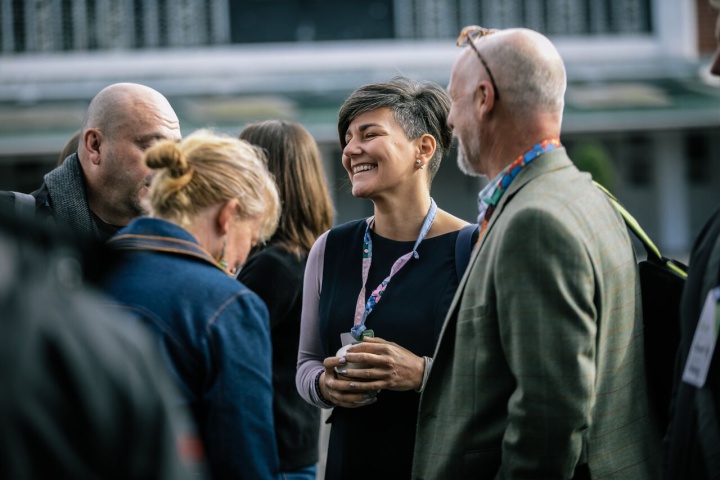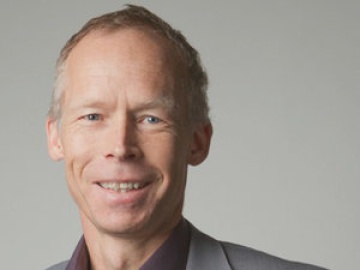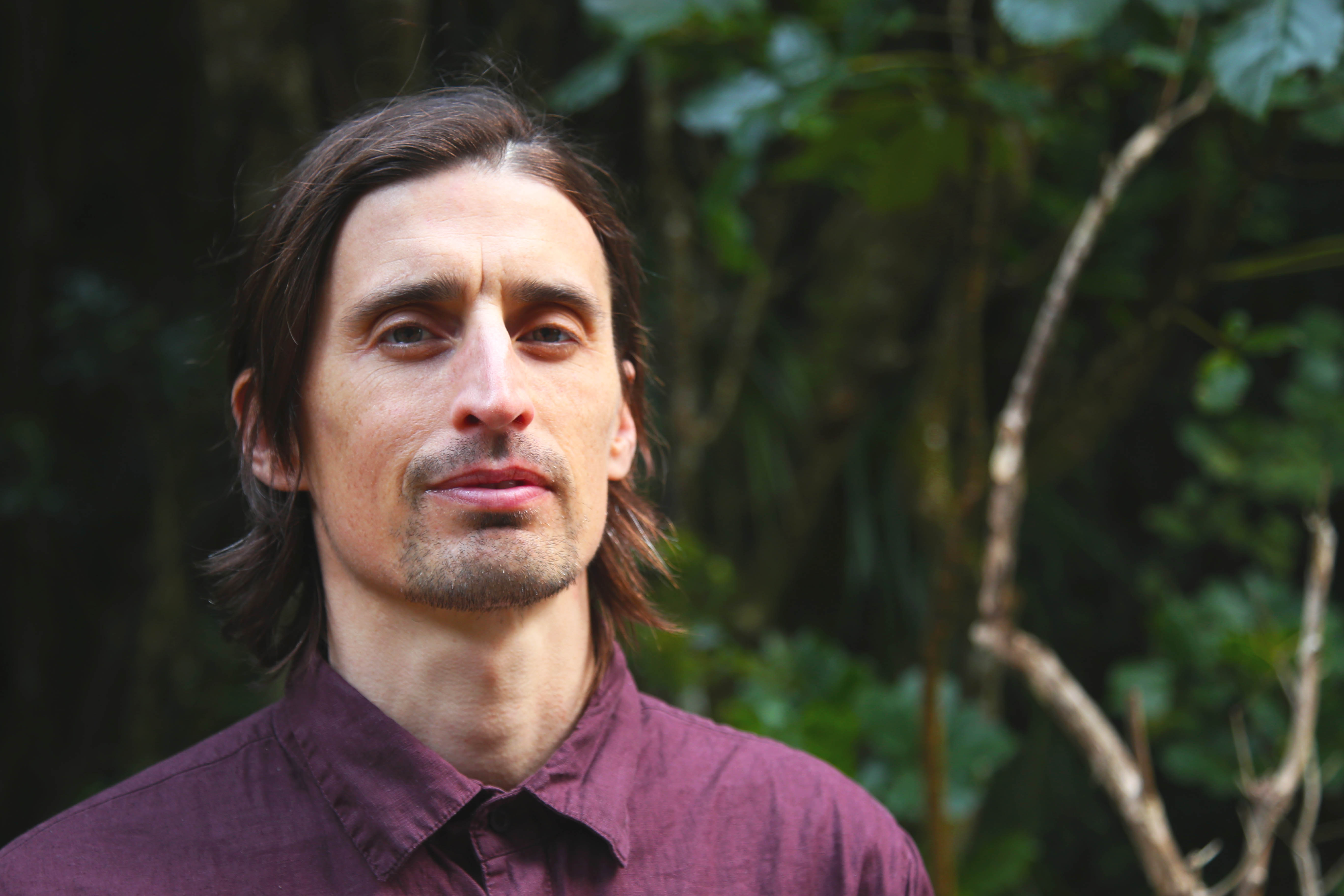The New Frontiers Festival hosted by the Edmund Hillary Fellowship this week in Upper Hutt gave me real hope that New Zealand can achieve the much discussed (and much-needed) transition to a more sustainable, more resilient and carbon neutral economy. The timing of the festival was impeccable as this week Jacinda Ardern confirmed that the 2018 Budget will include a renewed commitment to address pressing environmental and social issues facing New Zealand by transitioning to a stronger, more resilient and fairer economy. This announcement was followed by a further announcement the Government will cease issuing offshore oil exploration permits, showing the Government really is serious about a transition to a carbon neutral economy. However, the Government cannot hope to achieve this task in isolation, it will require collaboration with determined impact-minded entrepreneurs and connections to top global talent and capital. I left the New Frontiers festival feeling inspired by the potential of the many attendees who are well on their way to connecting and co-creating impactful social enterprises to help drive this transition forward in parallel with better government policy settings.
New Frontiers is an annual three-day long co-created full immersion event showcasing the work of the Edmund Hillary Fellowship. This fellowship involves an innovative world-first Global Impact Visa launched in partnership with Immigration New Zealand to attract top global and New Zealand talent in the ‘impact’ or ‘social enterprise’ space to Aotearoa. Up to 50 international and 10 Kiwi Fellows are accepted into a cohort every six months, and are provided with individualised support and access to world-class mentors, retreats, and events to maximise impact. The first two cohorts are currently underway with applications now open for the third cohort. The festival involved participants from all stages of this fellowship timeline as well as other local and international entrepreneurs seeking to connect with and share knowledge with participants.
I was clearly not alone in feeling the inspiration of being surrounded by such well-intentioned and capable people with shared goals of helping New Zealand’s transition. The fact that over 300 people applied for the first global impact visa round and that 250 people (many of them foreigners) attended this year’s festival, demonstrates how highly New Zealand is regarded internationally, both as a great place to live and as a country offering opportunities to pursue innovative and cutting edge projects. I was amazed by the array of talented people from all corners of the world I met at the festival who either have already joined the programme, or want to do so. One German entrepreneur and prospective participant had traveled all the way here for the festival and told me he was struck by how ‘wide open’ NZ is in terms of geographical space but also in terms of the opportunities that exist here to do positive work. There was a palpable sense of hopefulness and positivity at New Frontiers and a sense that New Zealand is currently on the verge of a once-in-a-lifetime opportunity to address core questions around of how we can create a more sustainable, resilient and more equal society.
Perhaps this hopeful feeling exists because New Frontiers clearly demonstrates to all in attendance what fertile ground for potentially transformational future solutions can emerge through targeted collaboration between top global and local Kiwi entrepreneurs. There is so much potential for collaboration or partnerships to harness the best of local knowledge and international best practice. Foreign attendees, for example, may have experience and connections in key areas that Kiwi participants are working on and vice-versa. As EHF Content & Communications Lead Alina Siegfried wrote last year:
The festival of creativity and entrepreneurialism is always a magic time of fortuitous collisions of leaders from all fields, and cross pollination of bold ideas to build better futures and create a positive impact in the world.

New Frontiers Festival Attendees Mixing at the start of day 1
The Challenge
It certainly wasn’t all feel good and happy clappy vibes, there was a real sense of urgency instilled in this event by the day one keynote speaker and the Hillary Institute's 2017 global Hillary Laureate Johan Rockström. Rockström is Founding Director of the Stockholm Resilience Centre, Chair of the Eat Forum, author of “Big World, Small Planet”, and advisor to over 20 global governments. He outlined how humanity has now moved from the holocene period to the ‘anthropocene’ and that there is now no doubt amongst the scientific community that we are reaching reaching the hardwired biophysical ceilings of the planet. He said there has never been so much evidence of the risk of destabilising the entire planetary system, but simultaneously there has also never been more reason to be hopeful due to increasing evidence of a new renaissance to address these problems.

Johan Rockström - the Hillary Institute's 2017 global Hillary Laureate
Rockström believes that if we want to remain in Holocene-like conditions (without massively devastating warming impacts), we have a chance, but that to do so, we need to transition rapidly (in a single generation). He calls for more awareness of this ‘planetary boundary framework’ as a new framework for sustainability and calls for us to become planetary stewards adopting an indigenous worldview of stewardship or ‘kaitiakitanga’ viewing the planet as interconnected and humanity as a part of this system. He concluded by calling for humanity to become ‘planetary stewards’ which involves adopting an indigenous worldview of ‘kaitiakitanga’ and viewing the planet as interconnected and seeing humanity as a part of this system.
This important keynote address laid down quite a challenge to the event’s attendees as it did not gloss over the real urgency of the issues we face, but gave hope and a potential pathway forward. EHF co-founder Matthew Monahan similarly laid down a challenge in his opening address, encouraging all attendees to take on the ‘wicked problems’ we face as a nation and planet through adopting a systemic approach:
To change one thing you need to change everything.
A number of EHF fellows gave short ‘elevator pitches’ for their proposed projects over the three days of the festival. These ideas represented a wide range of inspirational projects including:
• Laina Raveendran Greene’s enterprise supporting local women heroes running innovative small and medium social enterprises
• Chris Wake’s idea to use space industry mini-satellite technology for shipping and weather data collection
• Former Twitter tech-lead and Indymedia founder Evan Henshaw-Plath’s ideas around creating more participatory media
• Andrea Corovos idea of building an open-source platform for digital biomarkers and digital medicine
• Christchurch locals Bex De Prospo and Peter Randrup’s idea of establishing insects as an environmentally sustainable protein alternative in NZ
• South African Spencer Horne’s idea seeking to reshape logistics to reach the bottom billion
• Dina Buchbinder Auron’s idea of using the power of play to form more engaged global citizens,
• Joey Krug’s idea of using the blockchain and p2p exchange to lower the barrier of entry to financial markets and level the playing field
• Sarah Grant’s idea of creating a global teacher movement for education equality
• Geoff Sharples' idea of enabling models for equitable clean energy access in NZ to scale globally
• Vicky Robertson from the NZ Ministry for the Environment is also a fellow and seeks to lead change in New Zealand’s public sector to safeguard our natural environment
• Kiwi James Mansell seeks to shift the focus of the state sector from service delivery towards outcomes through reimagining ‘social investment’ or ‘collective impact investment’.
There were so many more amazing ideas and these are only a taste of what is no doubt to come as EHF keeps stacking cohorts of impact minded entrepreneurs on top of each other and giving them the space and tools to collaborate and make their ideas a reality over a three year period. I look forward to sharing more content from this inspirational event over the coming month as it is available and to seeing these projects develop. It would be great to see the Government giving more support to innovative programmes such as EHF which seek to take some of the burden off public services by creating impactful social enterprises that support their ambitions for a transitional economy. It seems to me that a small seed investment in a fund to support such entrepreneurs could have far more impact than many traditional government investment strategies in solving these ‘wicked problems’.



 Ramzy Baroud: Netanyahu's Endgame - Isolation And The Shattered Illusion Of Power
Ramzy Baroud: Netanyahu's Endgame - Isolation And The Shattered Illusion Of Power Jeremy Rose: Starvation Of Gaza A Continuation Of A Decades-old Plan
Jeremy Rose: Starvation Of Gaza A Continuation Of A Decades-old Plan Keith Rankin: The Aratere And The New Zealand Main Trunk Line
Keith Rankin: The Aratere And The New Zealand Main Trunk Line Gordon Campbell: On The Mock Horror Over Political Profanity
Gordon Campbell: On The Mock Horror Over Political Profanity Ian Powell: Predictable Smear On Senior Doctors
Ian Powell: Predictable Smear On Senior Doctors Binoy Kampmark: Trump, Planes And The Arabian Gulf Tour
Binoy Kampmark: Trump, Planes And The Arabian Gulf Tour